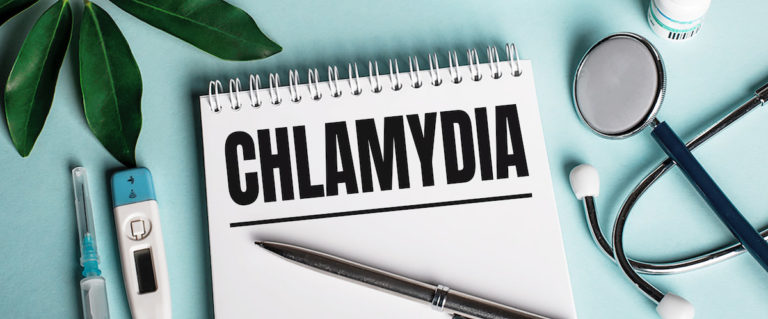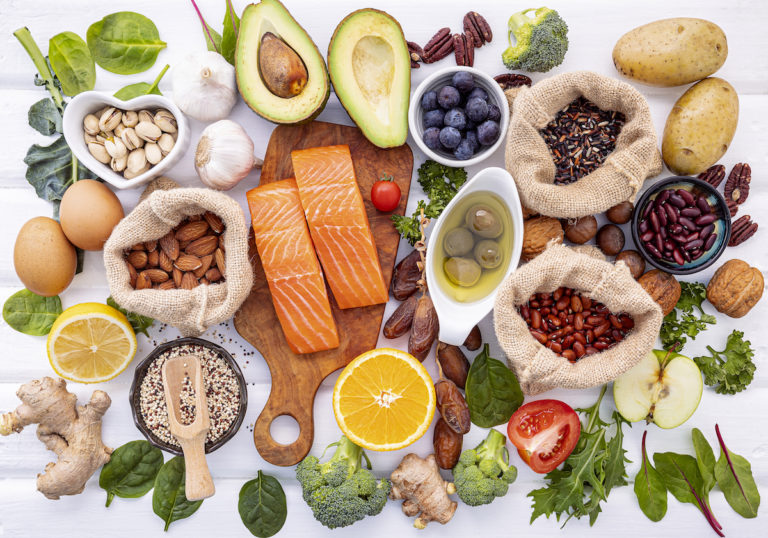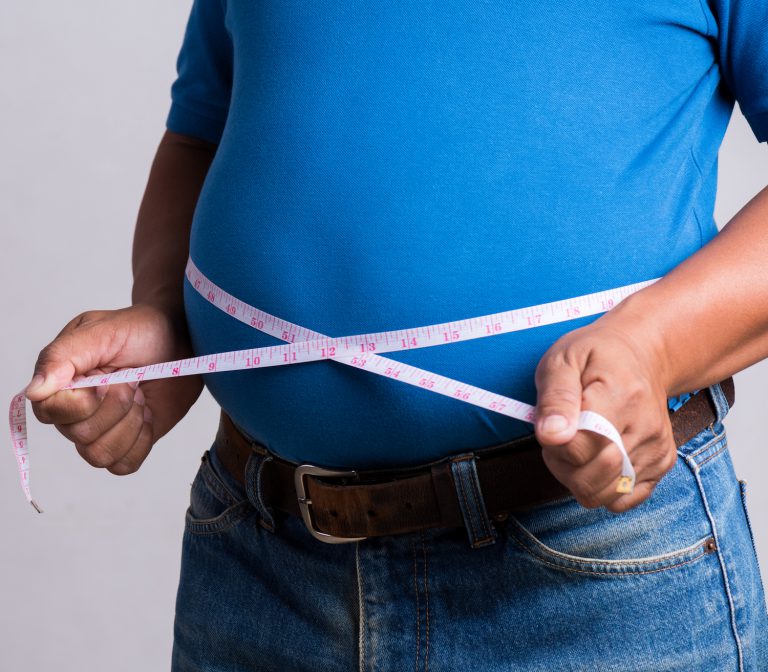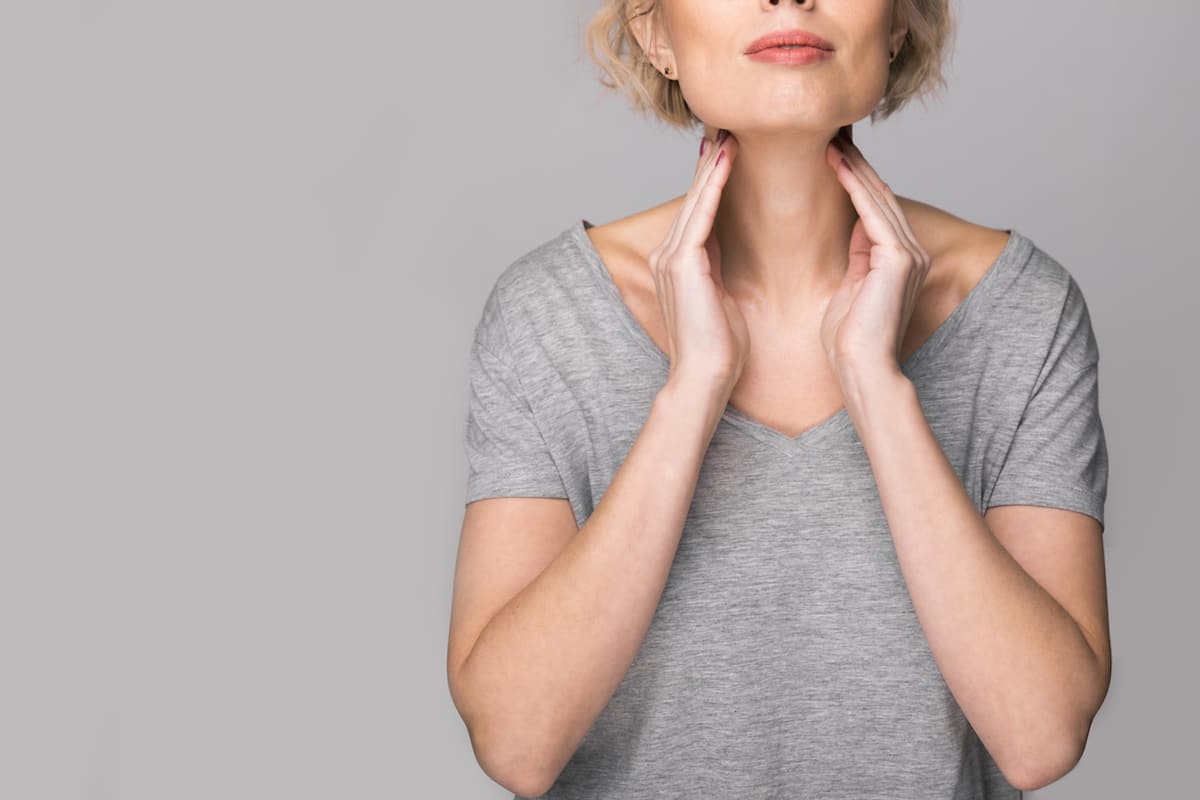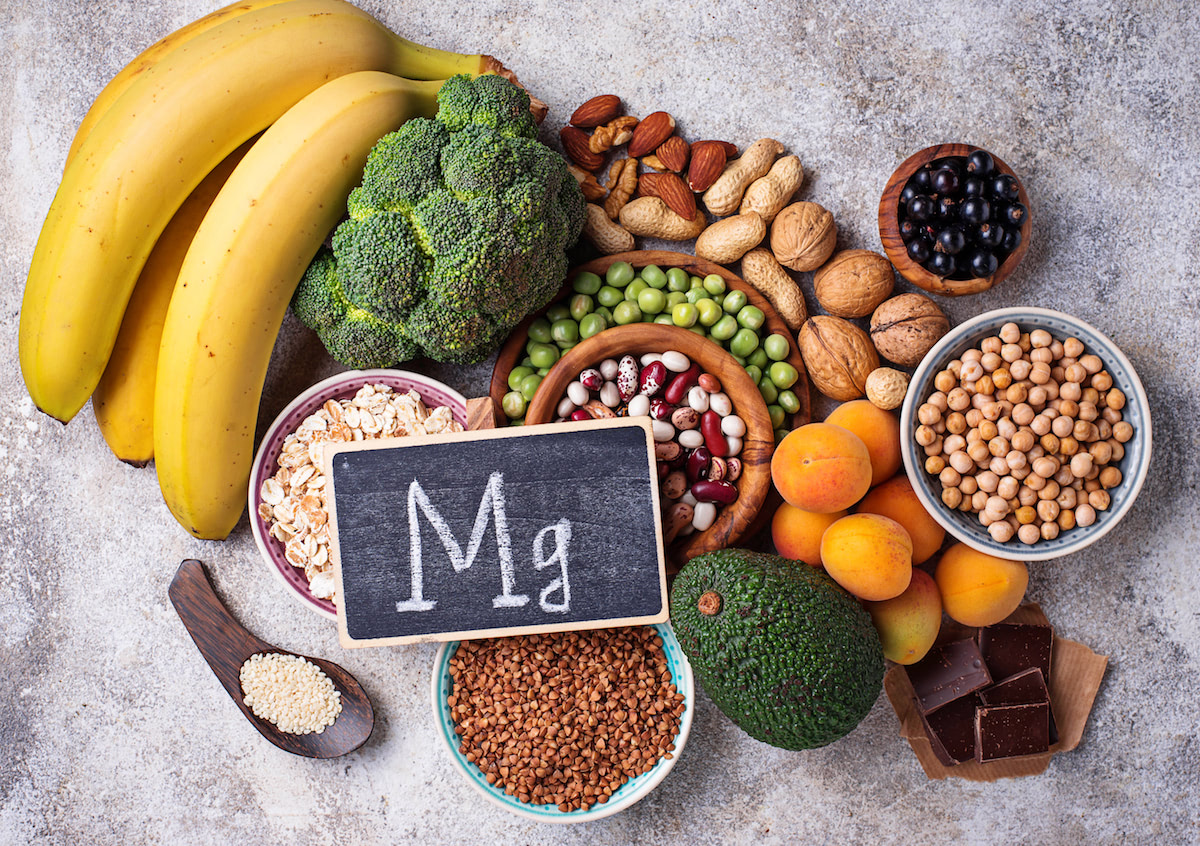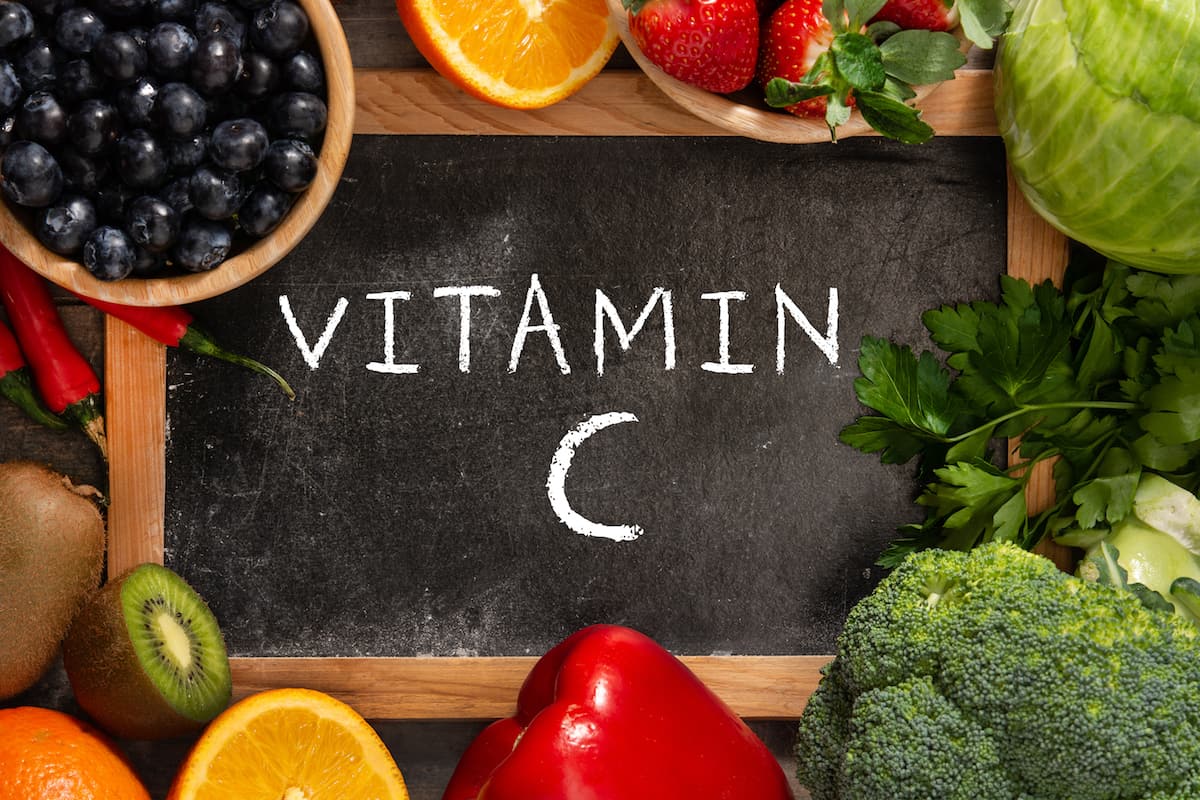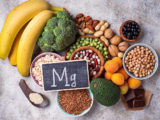Updated on 15. November 2021 from Carolin Jäger
Reading time: approx. 4 minutes
Long-lasting loss of appetite, possibly accompanied by unwanted weight loss, should always be clarified by a doctor in order to rule out a serious illness. However, if the loss of appetite is a primary inappetence and not a consequence or symptom of an underlying disease requiring treatment, the affected person has various treatment options at his or her disposal.
Often, however, there are also energetic disturbances at the root of the problem, which can reduce the appetite enormously, especially in times of stress. In old age, appetite and even the sense of thirst can also decrease, which in the long run can seriously affect health. It is therefore important to do something about a permanent loss of appetite, even if its cause – medically clarified – may not always be disease-related.
How does conventional medicine treat anorexia?
Conventional medicine rarely treats a loss of appetite, also known as anorexia, but looks for the causes of it.
The doctor will ask the affected person about accompanying symptoms, medication and existing illnesses, as well as carrying out various examinations in order to be able to uncover a cause for the complaints that may require treatment.
Whether a digestive disorder, a serious illness, side effect of certain medications or a declining sense of smell and taste, as it occurs more often in old age: Once the cause has been eliminated, appetite usually returns on its own.
However, if stress and lack of energy are the cause, conventional medicine usually has a little difficulty. Often well-intentioned advice is given or psychotherapy is recommended if the lack of appetite is more psychosomatic.
However, if reduced gastric acid production is involved, various phytopharmaceuticals, including those containing bitter substances, are also recommended in conventional medicine.
If the inappetence is the concomitant of a chronic gastritis with atrophy of the gastric mucosa, the gastric epithelial cells can usually no longer be excited. Then various acids are used, especially hydrochloric acid. This can, for example, diluted with water, taken before meals and help digestion, which also affects the appetite.
Enzyme replacement therapy with pepsin, which was recommended in the past for loss of appetite, is usually no longer common today.
Loss of appetite associated with a serious underlying disease such as cancer or AIDS is often treated with the prescription drug cyproheptadine (Peritol), which is thought to increase appetite due to its receptor antagonist effects.1
Alternative medicine well treatable
Phytotherapy for loss of appetite
Especially in herbal medicine, there are numerous recommendations for the treatment of poor appetite.
Plants rich in bitter substances or tinctures or tea mixtures made from them are often used.
While Ayurveda recommends drinking ginger water, Hildegard von Bingen’s medicine seems to use chewing small galangal pressings as the main treatment for loss of appetite.
However, wild herbs such as dandelion and wormwood are also said to have an appetizing effect and can be enjoyed as a salad or tea.
These bitter herbs can also be used as dried and finely ground powders to stimulate digestion and appetite in the mouth.2
Schuessler salts for loss of appetite
Even among the popular Schuessler salts, there are some that are used more often for lack of appetite, if certain symptoms fit. Whether the Schuessler salt Natrium chloratum, Silicea, Kalium phosphoricum or another salt fits best depends on the overall picture of the symptoms and the result of the face diagnosis.
Homeopathy for loss of appetite
Similarly, homeopathy tends to proceed on an individual basis and knows numerous remedies that can be considered in cases of lack of appetite. Depending on the underlying cause and modality, a different remedy may be appropriately chosen here.
Aroma Therapy for loss of appetite
Aromatherapy works primarily with essential oils, which affect the olfactory center and therefore the hunger center. For example, just the scent of anise, ginger, chocolate, lemon or other scents can stimulate the appetite. But also through the pores of the skin, for example in baths, wraps and during massages essential oils can be absorbed by the body and unfold their effect.3
Intestinal bacterial colonisation for loss of appetite
The gut microbiome also influences the appetite of humans via the so-called gut-brain axis. This works via the neurotransmitters serotonin and dopamine. The nerve plexus of the intestine, known as the “second brain”, is now even known as the “enteric nervous system” or is considered part of the peripheral nervous system. In case of lack of appetite, many naturopaths therefore also recommend intestinal rehabilitation, taking capsules or drops with intestinal bacteria and above all pre- and probiotics in order to repopulate the intestine with the most important bacterial strains on a permanent basis.
For this purpose, an intestinal bacteria-friendly diet is usually recommended, which contains a certain amount of raw vegetables and fermented vegetables, which the microorganisms in the intestine need for their daily nutrition.4
Traditional Chinese Medicine (TCM) for loss of appetite
Traditional Chinese medicine, which involves more than phytotherapy and acupuncture, has also had some success in treating loss of appetite.
Quantum Medicine for loss of appetite
Quantum medicine is based on the use of so-called quantum resonance fields. Through the access of the quantum field the self-healing powers of the human being are activated and the regeneration of all cells as well as the cell metabolism are stimulated. In ÁYIO-Q, water can be used as an information carrier for this purpose, which is energetically charged by a special module carrier by means of quantum entanglement. In addition to the specially designed stainless steel module, the ÁYIO-Q programme also includes specific information on breathing and relaxation exercises, which can also have a beneficial effect on appetite and well-being. Individual applications from word therapy also help to increase life energy and self-healing powers in a natural way. Time and again, users report surprising improvements in their general condition after regularly drinking the energized water or using it for washing.
For example, 42% of users report a clear improvement in their sleep quality and 53% are less tired during the day. A full 88% rated their mental & physical state as significantly better after 12 weeks than before.
With the ÁYIO-Q-Life Energy Testyou can now test your own life energy level and how active your self-healing powers are without any obligation.
Related articles: Anorexia – loss of appetite
- Anorexia – loss of appetite: When the desire to eat is missing
- Anorexia – loss of appetite: Herbs, vitamins and minerals help
Sources:
[1] Appetitlosigkeit: Keine Lust auf Essen, auf https://www.pharmazeutische-zeitung.de, Access date 02.07.2021
[2] Appetitlosigkeit – Ursachen und Symptome, at https://www.heilpraxisnet.de, Access date 02.07.2021
[3] Aromatherapie bei Appetitlosigkeit, Sodbrennen und Verdauungsproblemen in Aromatherapie bei Querschnittlähmung, at https://www.der-querschnitt.de, Access date 02.07.2021
[4] Mikrobiom: Wirkung lokal, Einfluss systemisch, at https://www.aerztezeitung.at, Access date 02.07.2021
